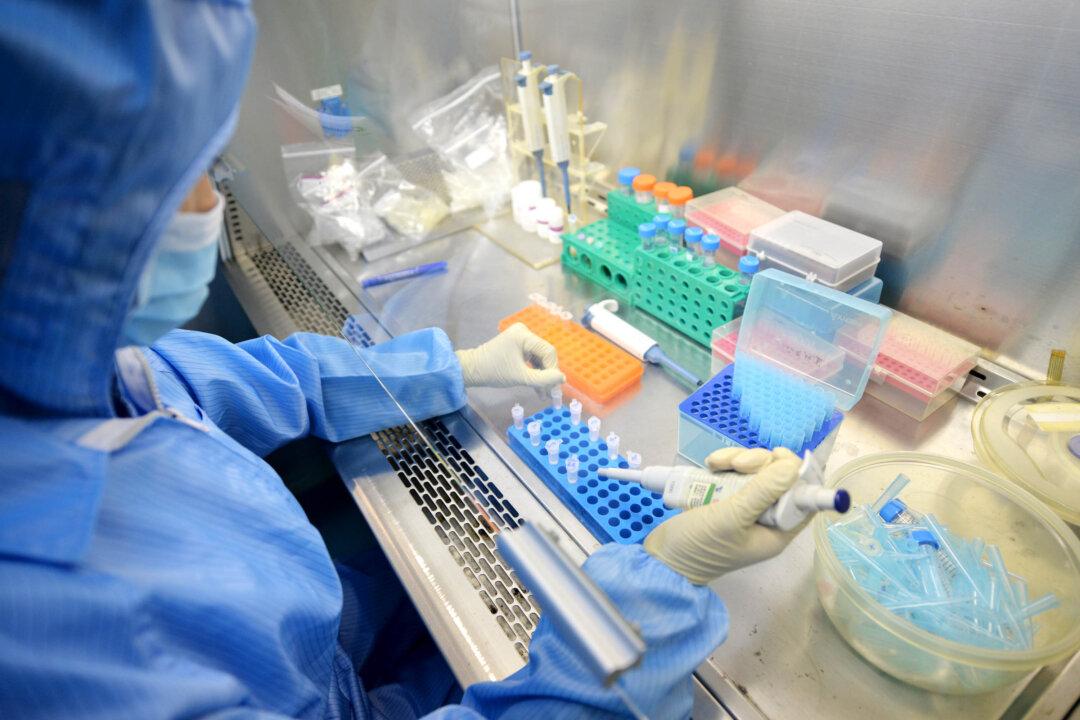Editor’s Note: In Parts I and II, Steven Mosher wrote about the Chinese Communist Party’s program to collect the DNA of all Chinese citizens. This was, he suggested, an effort to develop a fourth “magic weapon” of control over the Chinese population. The first three “magic weapons,” outlined by Chinese leader Xi Jinping in a September 2014 speech, are “the People’s Liberation Army, propaganda, and United Front tactics.”
But this effort also extends beyond China’s borders. Here, in Part III, Mosher discusses ways in which the CCP is able to collect foreign DNA and how it might be able to profit from, or even weaponize, the genetic information it acquires from analyzing it.





